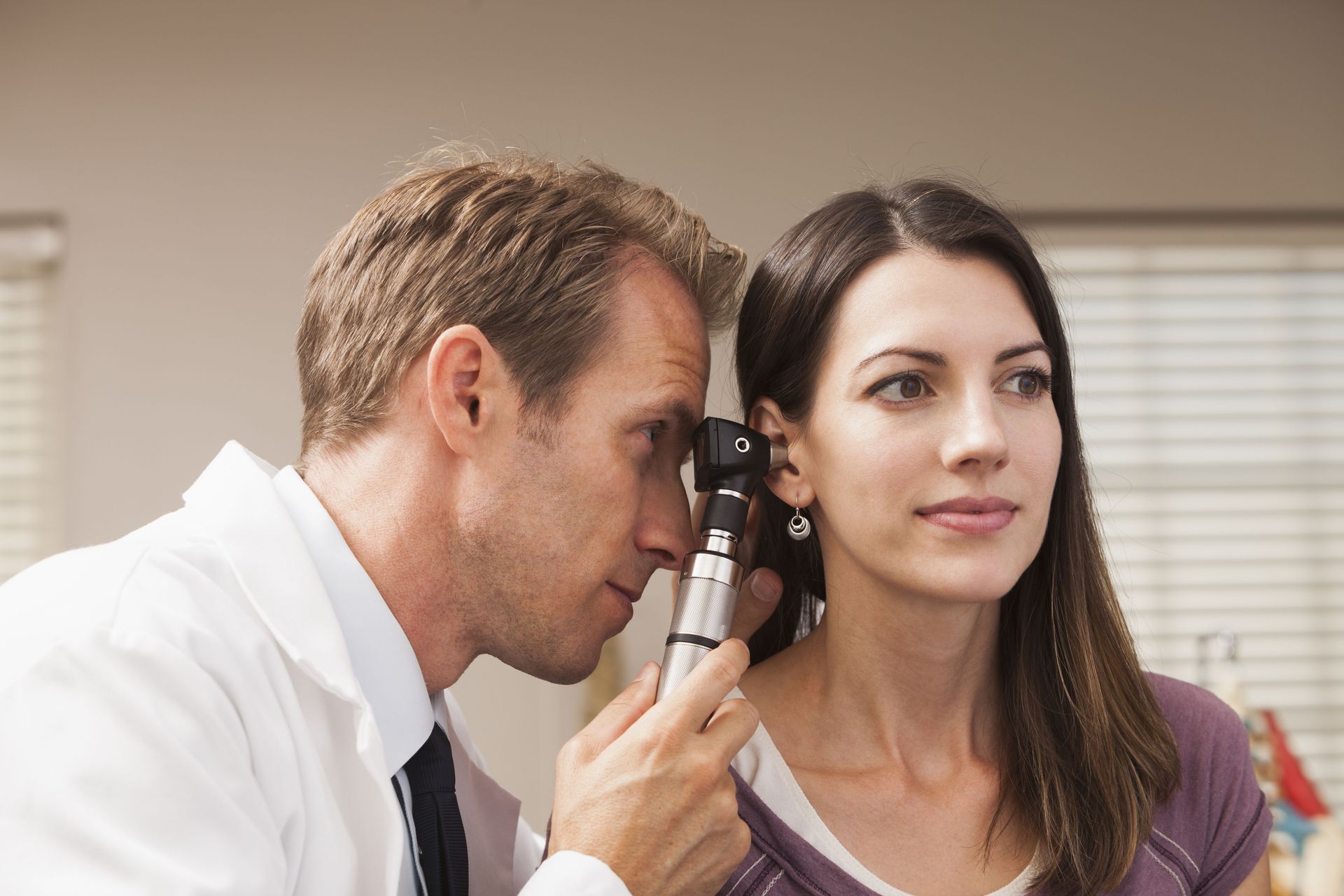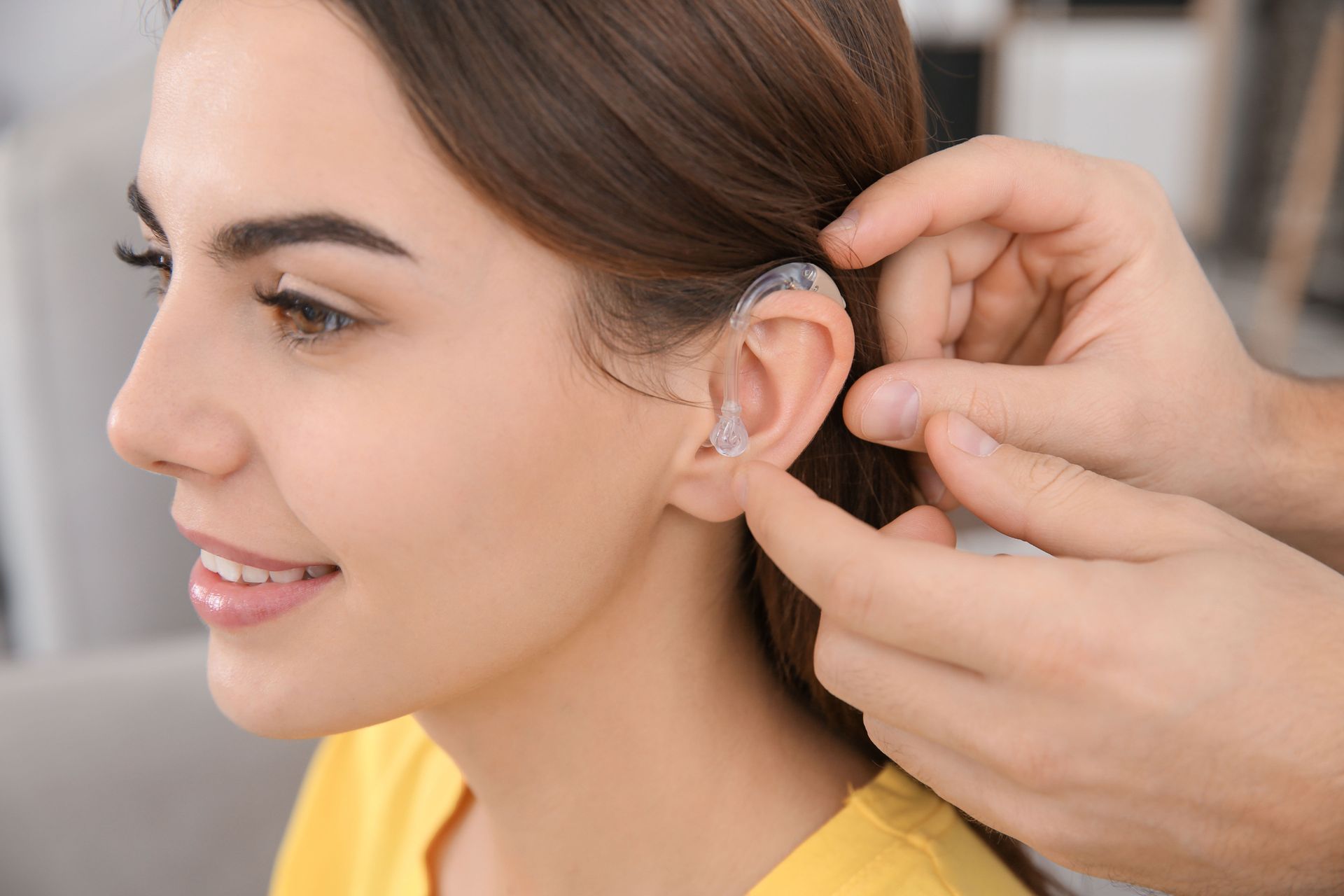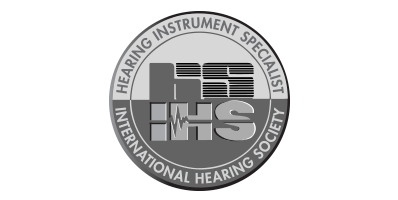A Guide to Detecting and Managing Early Hearing Loss
Hearing health often goes unnoticed until it begins to affect everyday life. Whether it's struggling to follow conversations in noisy places or frequently asking people to repeat themselves, subtle changes in hearing can easily be mistaken for normal aging or fatigue. Hearing tests are one of the most effective tools for identifying early signs of hearing loss before it significantly impacts your life. According to the Hearing Loss Association of America, hearing impairment is increasing globally and is projected to affect 2.5 billion people by 2050. Given this staggering prediction, staying proactive about hearing health has never been more crucial.
Understanding Hearing Loss
Hearing loss is a medical condition that can range from mild to profound and may affect one or both ears. There are three main types: sensorineural (damage to the inner ear or auditory nerve), conductive (problems with the ear canal, eardrum, or middle ear), and mixed (a combination of both). Most commonly, hearing loss develops gradually, making it difficult to recognize until it reaches a more advanced stage.
In many cases, people adapt to their declining hearing without realizing it. They may turn up the volume on their devices or avoid conversations in crowded places. Loved ones are often the first to notice these subtle changes, even before the individual recognizes there’s a problem. This slow progression can delay diagnosis and treatment, which is why understanding the nuances of hearing loss is key to early intervention.
Recognizing Common Early Symptoms
The first signs of hearing loss are often subtle but telling. You might find yourself straining to understand conversations in noisy environments like restaurants or social gatherings. Asking people to repeat themselves or mishearing words can become more frequent. Others may notice that the television volume is unusually high or that you're becoming more socially withdrawn.
Another red flag is listening fatigue. If you feel mentally exhausted after trying to concentrate on conversations, it might be due to the extra effort required to compensate for diminished hearing. This constant strain can impact concentration, mood, and even overall mental health over time. Recognizing these early indicators is essential in prompting action before the condition worsens.
Scheduling Routine Screenings
One of the best ways to catch hearing loss early is by scheduling routine screenings. Just like annual physicals or eye exams, regular hearing assessments should be part of your overall health maintenance, especially as you age. We typically recommend that adults get a baseline hearing test by age 21 and then follow up every 3 to 5 years. Staying on top of these check-ups can make a significant difference in preserving long-term hearing health.
Routine hearing tests can catch early deterioration that might otherwise go unnoticed. This is particularly beneficial for those who aren't yet experiencing obvious symptoms but may still have underlying hearing issues. By identifying problems early, individuals have a better chance of maintaining their hearing ability and avoiding more severe loss down the line. Early detection allows for quicker and often more effective treatment options.
Identifying At-Risk Populations
While hearing loss can affect anyone, certain groups are more prone to experiencing early signs and should be especially vigilant. Early hearing loss doesn’t only affect older adults; young and middle-aged adults can also experience it, often without realizing it. This makes regular monitoring and awareness critical for timely detection.
People exposed to prolonged loud noises, such as musicians, construction workers, and factory employees, are at increased risk of early hearing damage due to noise-induced hearing loss. Additionally, individuals with a family history of hearing impairment or chronic health conditions like diabetes and cardiovascular disease may experience the earlier onset of hearing difficulties.
Children and adolescents who show signs like delayed speech development or academic challenges may also be at risk for hearing problems and should receive timely screening. For these high-risk groups, hearing tests aren't just precautionary; they are essential tools to detect early changes and enable interventions that can significantly improve communication and quality of life.
Preventing Further Damage
Early detection of hearing loss through regular testing can prevent further deterioration. When caught early, interventions such as hearing aids, cochlear implants, or sound therapy can be implemented to preserve existing hearing ability. Taking action early also empowers individuals to make lifestyle changes that protect their hearing for years to come. Furthermore, people can take preventative measures like avoiding loud noises, using hearing protection, and managing related health conditions more effectively.
With early intervention after hearing tests, individuals can make adjustments to slow down hearing decline. For example, using hearing aids not only improves current hearing but also helps keep auditory processing centers in the brain active, potentially delaying cognitive decline. Timely action ensures that the quality of life remains high and that further complications are minimized.
Enhancing Quality of Life
Hearing is essential for effective communication, and untreated hearing loss can lead to feelings of isolation, frustration, and even depression. Addressing hearing loss early helps preserve mental health and overall quality of life. When detected early, interventions can significantly improve one’s ability to engage socially, perform well at work, and maintain strong relationships.
The benefits of timely hearing tests extend beyond ear health; they improve emotional and social well-being, too. Enhanced hearing supports better brain function, reduces the risk of accidents (like falls), and contributes to a more fulfilling, active lifestyle. Maintaining good hearing can also slow cognitive decline and help keep the mind sharp as we age. In essence, good hearing health plays a vital role in overall wellness.
Demystifying the Testing Process
Many people avoid hearing tests due to fear, misconceptions, or simply not knowing what to expect. However, the process is quick, painless, and non-invasive. It typically begins with a consultation, during which the audiologist or hearing specialist asks about your hearing history and any symptoms you're experiencing.
This is followed by a physical examination of your ears and a series of tests conducted in a soundproof room. These tests measure how well you hear different tones and understand speech at various volumes and pitches. Hearing tests are quick, painless, and non-invasive procedures performed by trained audiologists, and they provide immediate, actionable results.
Accessing the Right Support
Finding the right care for your hearing needs is crucial. Accessing specialized hearing care services ensures accurate diagnosis and effective treatment tailored to your individual situation. Many providers offer personalized hearing evaluations and ongoing support to help you maintain your hearing health.
Local healthcare providers and specialists offer hearing tests designed to meet individual needs and budgets. Insurance often covers basic hearing screenings, and community programs are available for those without coverage. Taking that first step toward testing can open the door to a wealth of support and resources.
Hearing loss can be a gradual and silent intruder, but it doesn't have to go unnoticed. By understanding the signs, recognizing risks, and prioritizing regular hearing tests, you can take control of your hearing health before serious damage occurs. Don’t wait; prioritizing hearing tests today can lead to a better tomorrow.
Ready to take control of your hearing health? Schedule a comprehensive evaluation with Hearing Concepts today and gain the peace of mind that comes with early detection. We’re here to support you every step of the way on your journey to better hearing.







Share On: